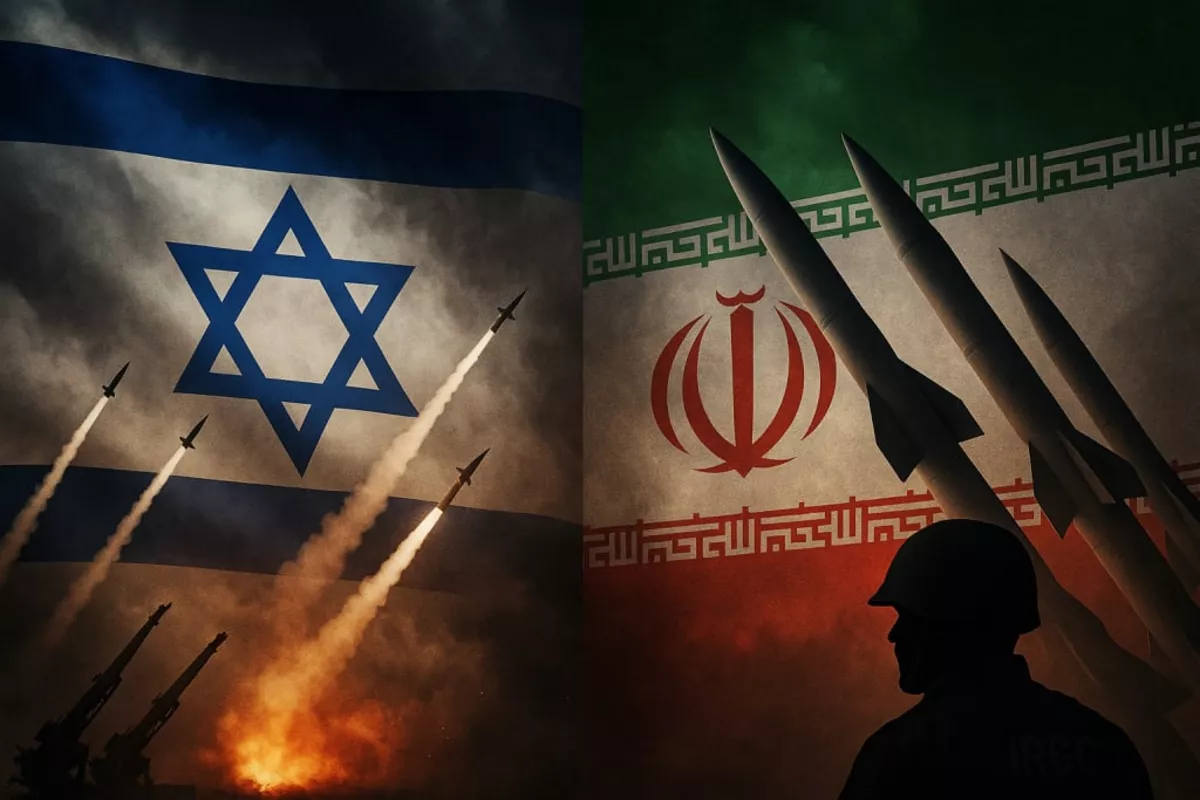
The 12-day conflict between Iran and Israel stands out as a pivotal moment that disrupted the Middle East’s regional security landscape.
Although brief, the war resulted in far-reaching political, military, and infrastructural repercussions. Attacks on Iran’s nuclear sites, Tehran’s withdrawal of cooperation with the IAEA, and the strong backlash from the international community have all contributed to rising tensions in the region.
The key questions now are whether the military confrontation will escalate further and if diplomatic talks might resume.
To explore these developments, the analytical platform The Caspian Post interviewed Mohsen Pakaeen, former Iranian ambassador to Azerbaijan and a political analyst.
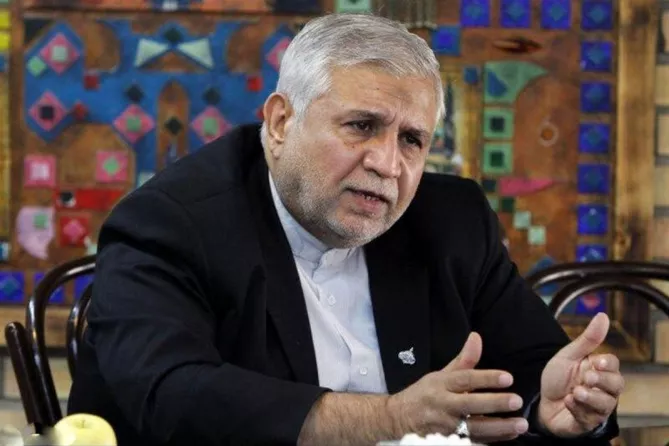
Photo: Mohsen Pakaeen, former Iranian ambassador to Azerbaijan
- What are the main outcomes of the 12-day war between Iran and Israel? Which side suffered the greatest losses - politically, militarily, and in terms of infrastructure?
- The various stages of Iran Operation, have caused extensive damage to Israel in the military, structural, political, economic, psychological, and social spheres, and have accelerated the path of weakness of the regime.Especially in the military field, this combined operation, using a variety of deadly missiles and destructive drones, along with cyber power, has rendered the regime's defense system, known as Iron Dome, ineffective and has destroyed the regime's infrastructure, including power plants, refineries, industrial centers, research institutions, nuclear projects, and communication lines (air, sea, rail, and road). Iran's defense capabilities have also severely reduced the offensive capabilities of the occupying regime by shooting down ultra-modern F-35 fighter jets, hunting drones and micro-aircraft, and identifying, capturing, and destroying Zionist spy sites.
- How seriously was Iran’s nuclear program damaged during the war? Can we speak of the actual destruction of key facilities or only a temporary slowdown?
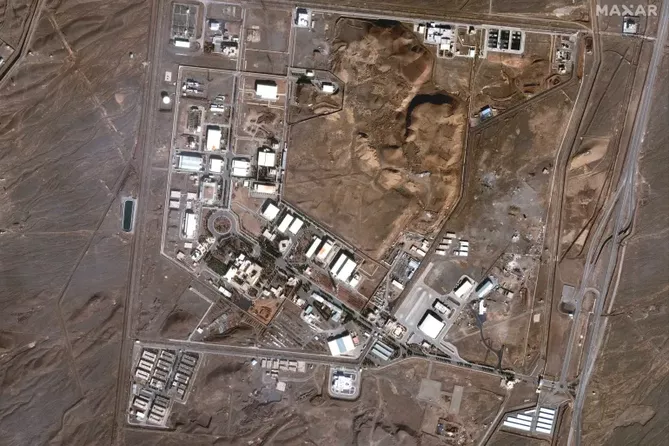
The Natanz nuclear facility in Iran [File: Handout/Maxar Technologies via Reuters]
- Fortunately, before the American attack, all technical and strategic items and installations had been removed from the sites and no damage was done to them, but as news say, the building infrastructure was damaged, which can be rebuilt within a few months, and Iran's peaceful nuclear program will continue.
- Has Iran retained the capacity to develop nuclear weapons despite the strikes on its nuclear sites? Does it plan to continue its nuclear program?
- The entire nuclear fuel process cycle from the beginning of the mine, i.e. exploration and identification, extraction and processing from mines, conversion, enrichment, fuel production, and its use in reactors, has been completely localized and is carried out by our country's young and hardworking scientists. The nuclear capability of the Islamic Republic of Iran is now at a point where even Iran's enemies know that eliminating these capabilities is no longer possible. Given the localization and rooting of nuclear capabilities in Iran, any threat against our country's nuclear industry is completely meaningless.
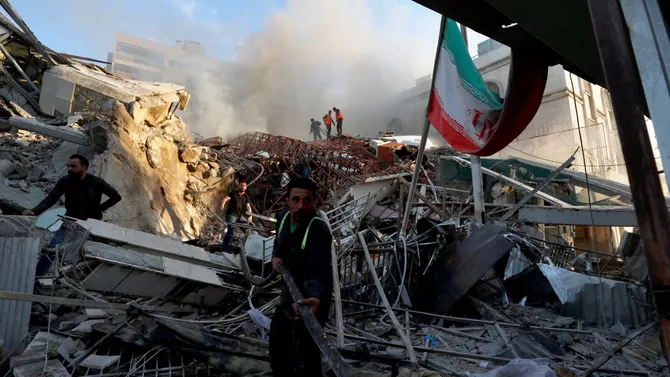
- How has the international community reacted to Iran’s actions after the war - especially regarding its refusal to cooperate with the IAEA? What consequences might follow this step?
- The reality is that the completely sincere cooperation of the Islamic Republic of Iran with the International Atomic Energy Agency, which was expected to have positive effects, unfortunately did not bring such a result in practice. The political motivations of the Agency's Director General, Mr. Rafael Grossi, and the one-sided reports published under pressure from the United States and three European countries prevented Iran from achieving any real achievement from this cooperation.
Based on the provisions of the Agency's charter, the safeguards institution was expected to play a supporting role in assisting countries, including Iran, to advance peaceful nuclear programs, while also providing supervision. However, in practice, the Agency not only did not assist Iran's peaceful program, but also acted biasedly in its supervision. Mr. Grossi's recent report, which was presented at the IAEA Board of Governors against Iran, practically paved the way for the Israel and then the United States to attack Iran's nuclear facilities. During this same period, the Israeli regime also attempted to assassinate our country's nuclear scientists, and the IAEA not only remained silent about these crimes, but even refused to officially condemn these actions.
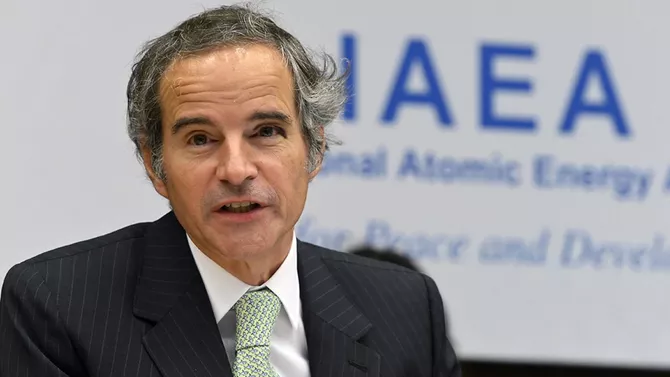
IAEA Director General Rafael Mariano Grossi (Photo: D. Calma/IAEA)
Considering these circumstances, the recent decision of the Islamic Consultative Assembly to suspend cooperation with the safeguards institution is a measured and principled decision. The approach taken at the current stage was a necessary response to the IAEA's biased and sometimes hostile behavior towards Iran.
In fact, Iran's cooperation with the IAEA, although it began with good intentions from the beginning, did not lead to any achievements and even ended up against Iran's national interests in some cases. the idea that ceasing cooperation with the IAEA might have negative effects should not be formed, because the presence or absence of the IAEA made no difference to Iran, and perhaps some of its actions were clearly detrimental to the Islamic Republic of Iran.
- Is a renewed military conflict between Iran and Israel likely in the near future? What conditions could trigger a new escalation?
- Israel is constantly threatening Iran to hide its defeat. The discussion of the ceasefire and how long it will last is directly related to the approach of the Zionist regime and its American supporters. If they stop aggression, it is natural that we are not looking for war and the ceasefire can last. If it is otherwise, it is natural that we will defend ourselves and make Israel regret it.
- What are the prospects for a diplomatic resolution between Iran and the West after the war? Is Tehran willing to return to the negotiating table regarding the nuclear deal?
- Iran entered into negotiations with the United States with the aim of defending its right to peaceful use of nuclear energy to show that its nuclear programs were not on the path to building nuclear weapons. However, the United States, contrary to its commitments, not only did not abide by the agreements, but also provoked Israel to attack in the middle of the negotiations and directly supported it by attacking Iran. In such circumstances, raising the issue of resuming negotiations by the United States is not a sincere proposal, but a kind of deception; deception that may be a basis for further adventurism and war-mongering. The Islamic Republic of Iran has repeatedly stated that it will not accept negotiations with the United States under pressure, and negotiations are not currently on the agenda.
Share on social media